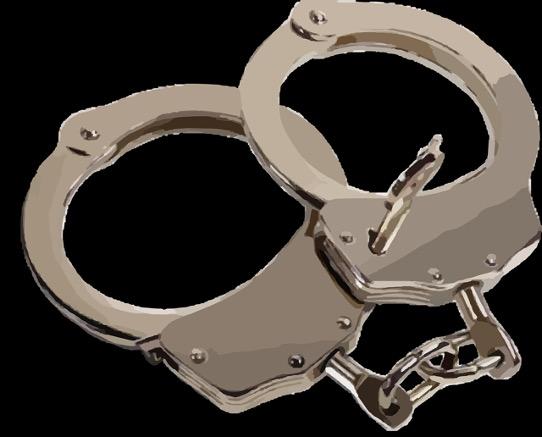What Happens If I Plead Not Guilty To A DUI?

After you’ve been arrested for driving under the influence (DUI) you will appear for your hearing in front of a judge for you to state how you will plead to the crime. If you settle for a plea deal or a plea bargain, then you will end up facing most of the same consequences if you had fought the charge, except that you would have spent less time and money on finally being handed a sentence. Fighting a DUI charge in court is risky in this way. But when you have a skilled and experienced DUI attorney and have an understanding of the law yourself, you can improve your chances of having your trial end in your favor.
The Process
After you have been arrested you have to show up for your first hearing, which is also known as an arraignment. A date will be set for you to appear again in court if you do not already have an attorney. You will be asked if want to hire a court-appointed attorney or a private attorney for your case. If you have an attorney, then you would want to have contacted them before the arraignment. If you don’t, then the period between your arraignment and court date is a crucial time to find a DUI attorney with a proven track record of success. You may have to talk to a few before deciding on who you think will be most effective in winning your case and who you want to represent you in court. After working with your attorney, you will appear in front of a judge and give them your plea, as advised by your legal counsel — guilty, not guilty, or no contest.
Why People Plead Not Guilty To A DUI
Typically when someone pleads “not guilty” to the charge of a DUI is that they are hoping to reduce the amount and severity of the consequences. For example, if you did not damage property, harm or kill anyone, nor harm yourself, or if this is your first DUI charge, then you may want to speak with your attorney about pleading not guilty. Your attorney will be able to tell you if this would be advantageous or not. Judges, the DMV, and prosecutors all are more concerned about the safety of drivers on the road than letting people off with lighter sentences. So it’s important to consider whether or not this is a wise choice for your circumstances.
There are several defenses your attorney can consider. They can include addressing concerns raised about how the traffic stop went. If there were any procedural missteps, including such as improperly gathering blood alcohol content (BAC) results or administering field sobriety tests, then an experienced defense attorney can bring these up at trial.
The Risks
Like with all court cases, there is a chance of losing. Even the best attorneys have losses. You may go through weeks, months, or years of a trial only to be handed the same consequences you would have received had you not proceeded. All of that hard work and time will be for nothing. Then you will be responsible for paying fines, spending time in jail, waiting for a certain period of time before your license is valid again, and for attending an alcohol education program.
More to Read:
Previous Posts:










